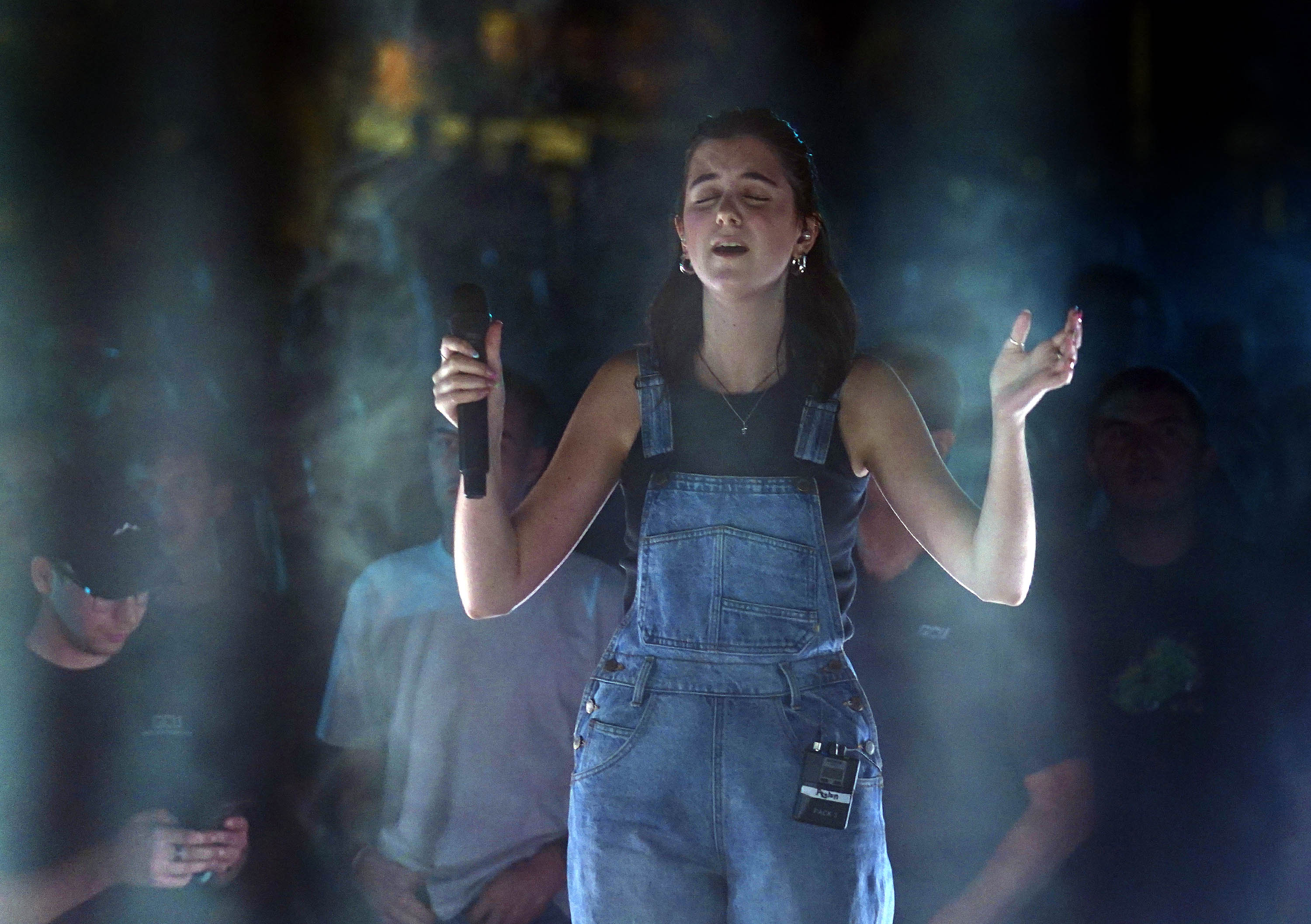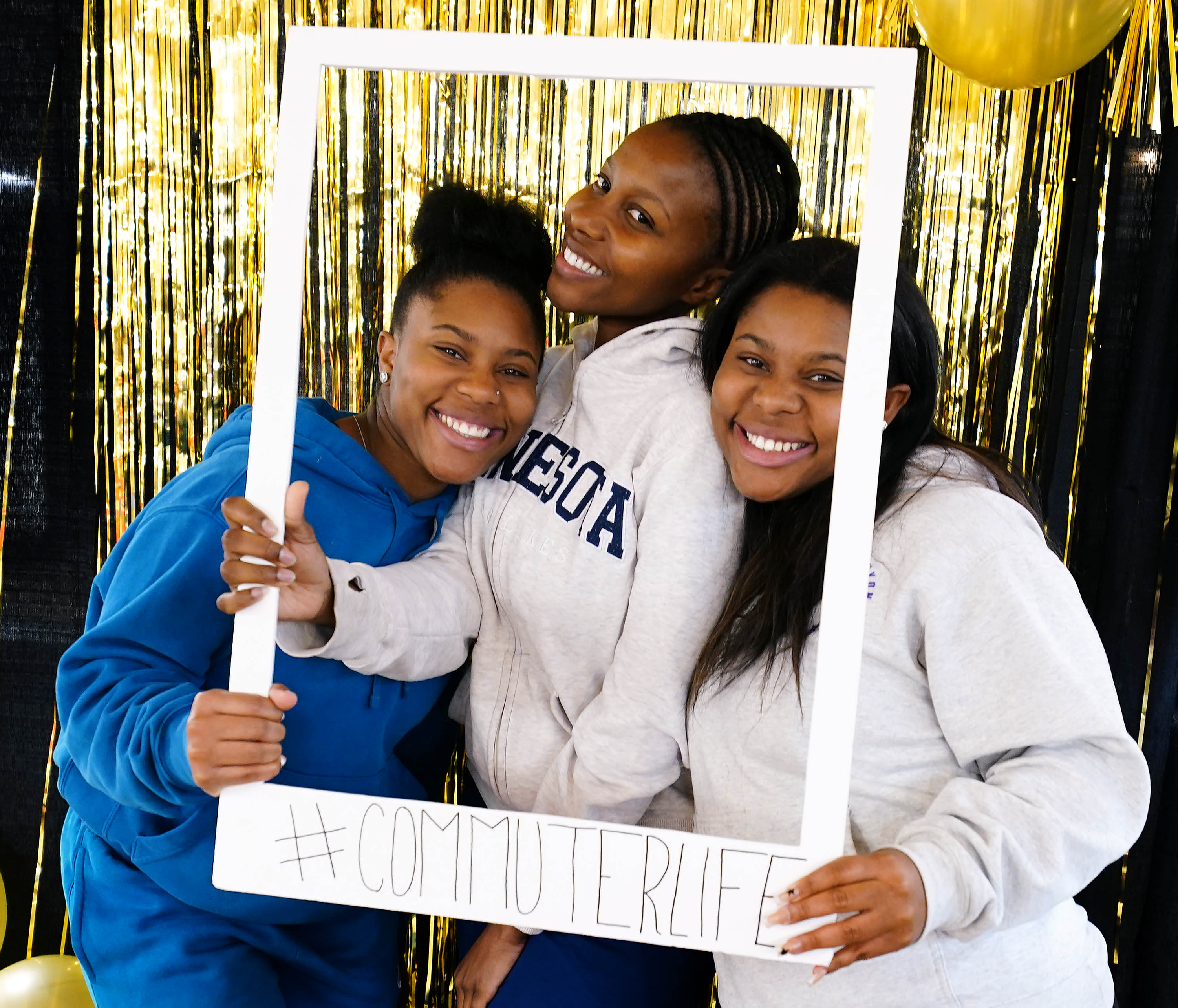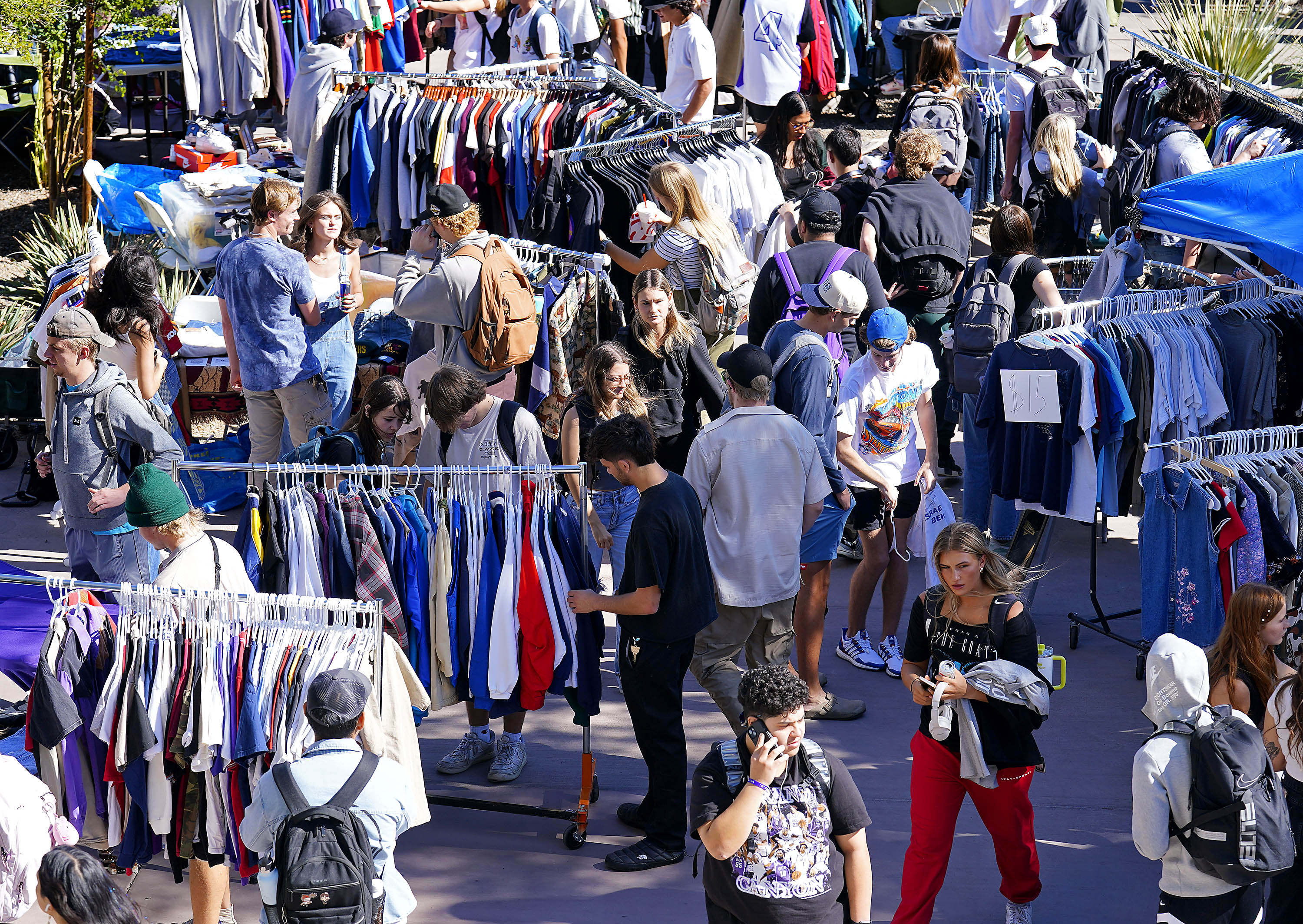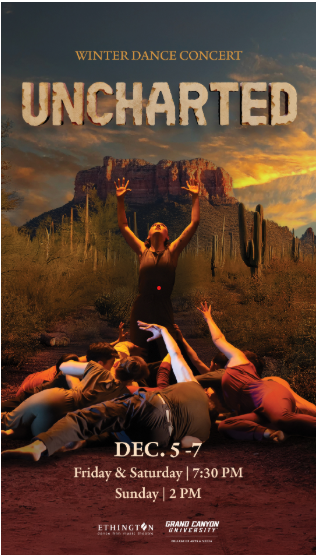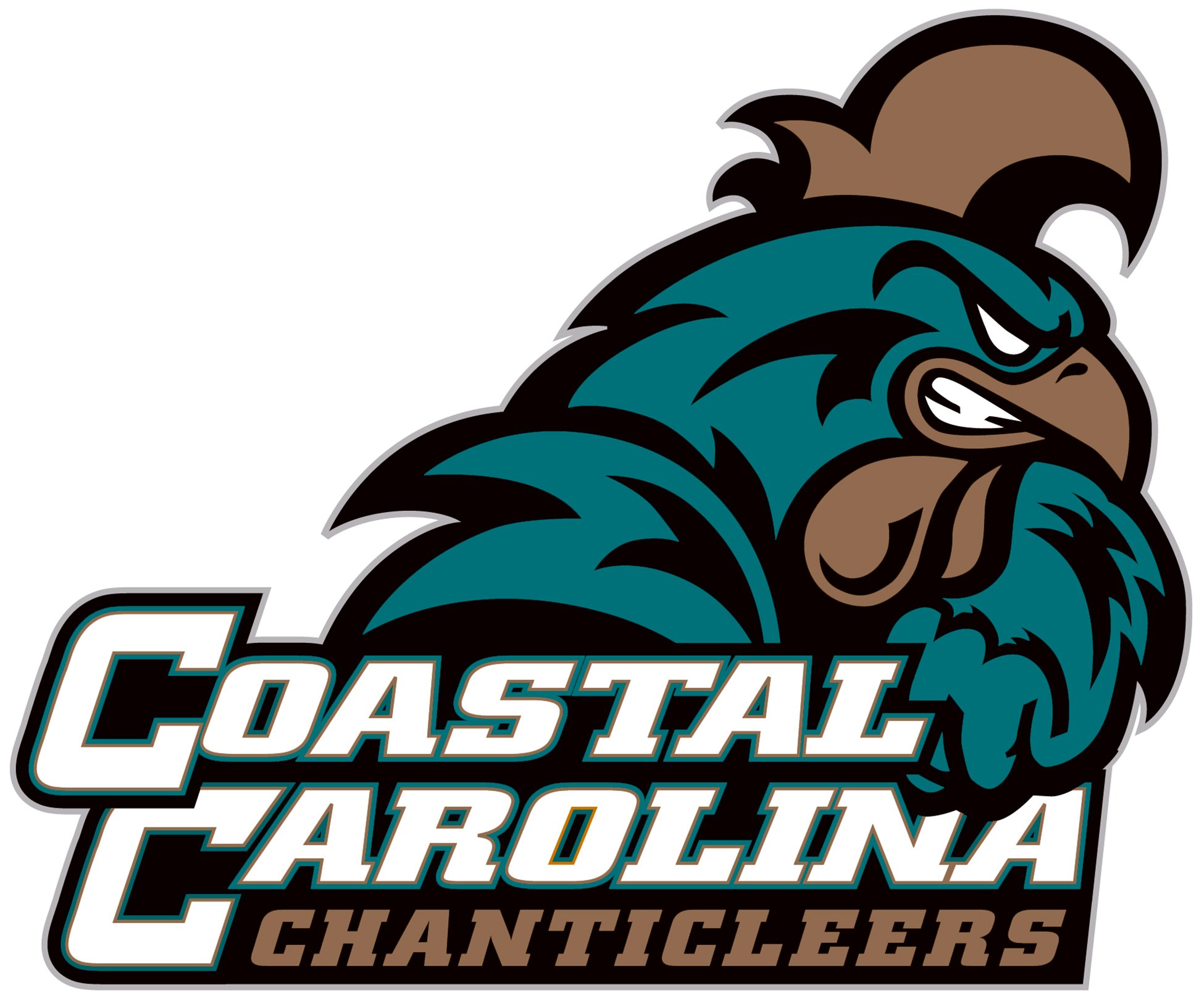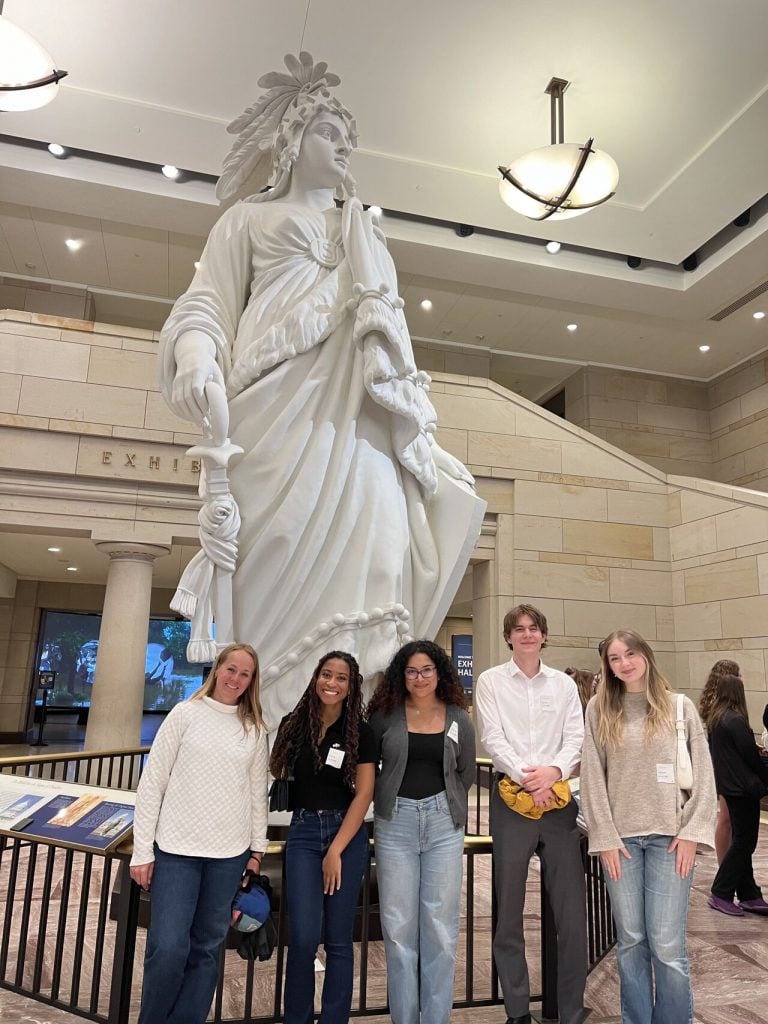
Four Grand Canyon University students took their capstone project to the next level by trying to meet the nutritional needs of Phoenix communities.
For many in Phoenix areas like Alhambra and Maryvale, going to the grocery store is more than an inconvenience; it’s a barrier to basic needs. In these food deserts, fresh and affordable food isn't easily accessible because of limited transportation and a lack of nearby grocery options.
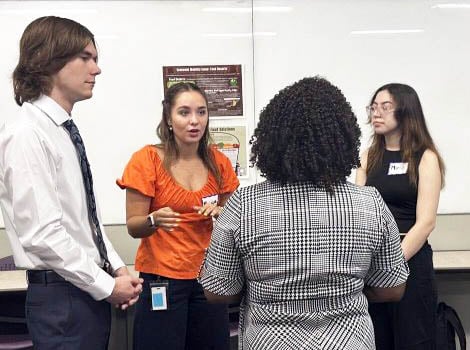
GCU professor Evelyn Racette, master's of public administration coordinator and International City/County Management Association chapter advisor, published an article for the national ICMA emphasizing the link between economic mobility and community access.
According to Chetty et al. (2017), about 90% of Americans born in 1940 earned more than their parents compared to just 50% of those born in the 1980s, said Racette. And recent data shows those born in the 1990s face even lower mobility rates, or the ability to access nutritious food at grocery stores because of limited transportation options.
“Local governments must address structural barriers to opportunity," she said.
Through the university's ICMA student chapter, Racette secured a $10,000 Gates Foundation grant for a pilot program to purchase 40 to 50 Kroger Boost memberships to provide grocery delivery in Alhambra and Maryvale through Fry's grocery stores. The program also supports developing community gardens within those communities. A second $25,000 grant has been secured for a financial literacy project for next semester's capstone class.
GCU's IMCA chapter hopes to present that work at the group's annual conference in Tampa, Florida, this fall.
“Professor Racette has been the most amazing professor, not only in data and research, but also in relationships and networking,” said Mireya Ramirez, a government major with an emphasis in public administration.
In Racette’s capstone course, students who chose to research food deserts presented their findings and the Kroger Boost initiative at the National Economic Mobility and Opportunity conference in Baltimore in May.
“Hearing the opportunity to go to Baltimore and knowing this was a real initiative with real impact motivated me,” said Samuel Barry, government major and ICMA chapter president. “It wasn’t just a poster, it was something real.”
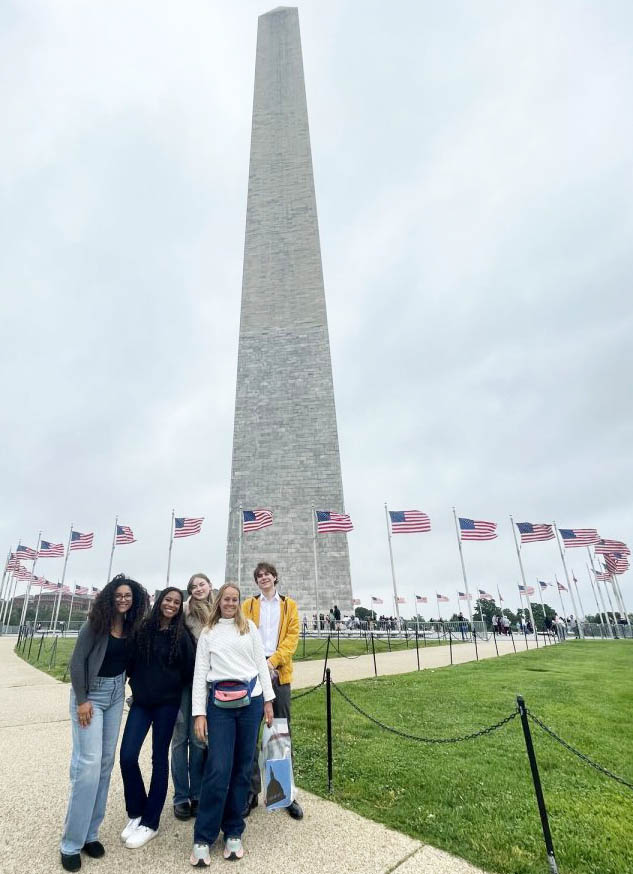
Recent graduates Alexa McCoy, Grace Clapp, Ramirez and Barry were selected to present.
“I reinstated our ICMA chapter at GCU during my junior year after COVID-19 made it inactive,” Ramirez said. “Funny enough, my little sister will be on the ICMA board next year.”
Barry, a government major who became president in the spring, added, “Mireya and I worked closely to bring guest speakers and develop the project.”
McCoy and Clapp were also active ICMA members.
Selection for the conference required thorough research during their capstone course.
“My essay focused on the Robinson-Patman Act – a policy that’s unenforced," said government/legal studies major McCoy of the act, which makes it illegal for sellers to charge different prices to different buyers (so chain stores don't receive preferential pricing not available to smaller businesses). "That’s why mom-and-pop stores disappear and monopolies thrive.”
Students explored how delivery services could close transportation gaps in food-insecure areas. They mapped store locations and transit routes and surveyed residents on grocery habits.
“Rural communities are the most affected by food deserts due to a lack of federal enforcement of antitrust law,” Barry said. “I’ve always found antitrust law interesting, so that stood out.”
McCoy added, “These communities lack economic mobility. People are stuck and can’t pursue the American dream.”
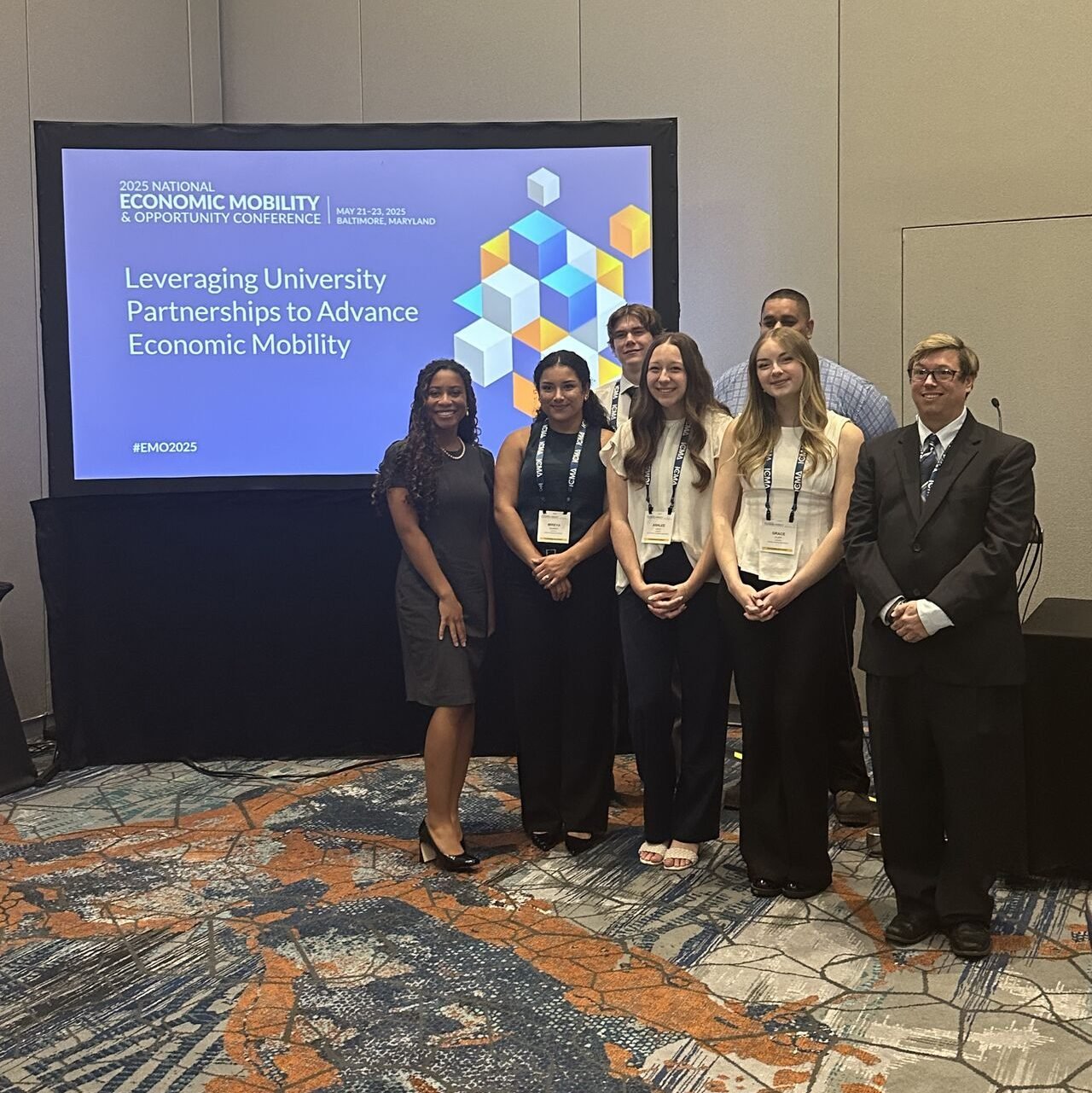
At the Economic Mobility and Opportunity conference, students presented their findings to city leaders and experts from across the country. Their presentation on food access and zoning sparked discussions on policy replication.
“In my research, I focused on zoning and transportation,” Barry said. “I mapped GCU’s location in relation to grocery stores and farmers markets and presented that in Baltimore.”
The work continues in Phoenix even after the trip. Ramirez is leading efforts to launch community gardens, while Racette and other faculty members work to survey residents over six months to evaluate the impact of the Kroger Boost program.
“I’m working with the Alhambra Elementary School District, a local church and nonprofits to bring the garden project to life,” Ramirez said. Additionally, she plans to work with the city of Phoenix and the ICMA club to organize this initative.
The students said their overall experience in this process was transformational.
“They left with a deeper understanding of their role in advancing opportunity,” Racette said. “They brought attention to overlooked communities and proposed actionable, local solutions.”
For Ramirez, the project was a turning point.
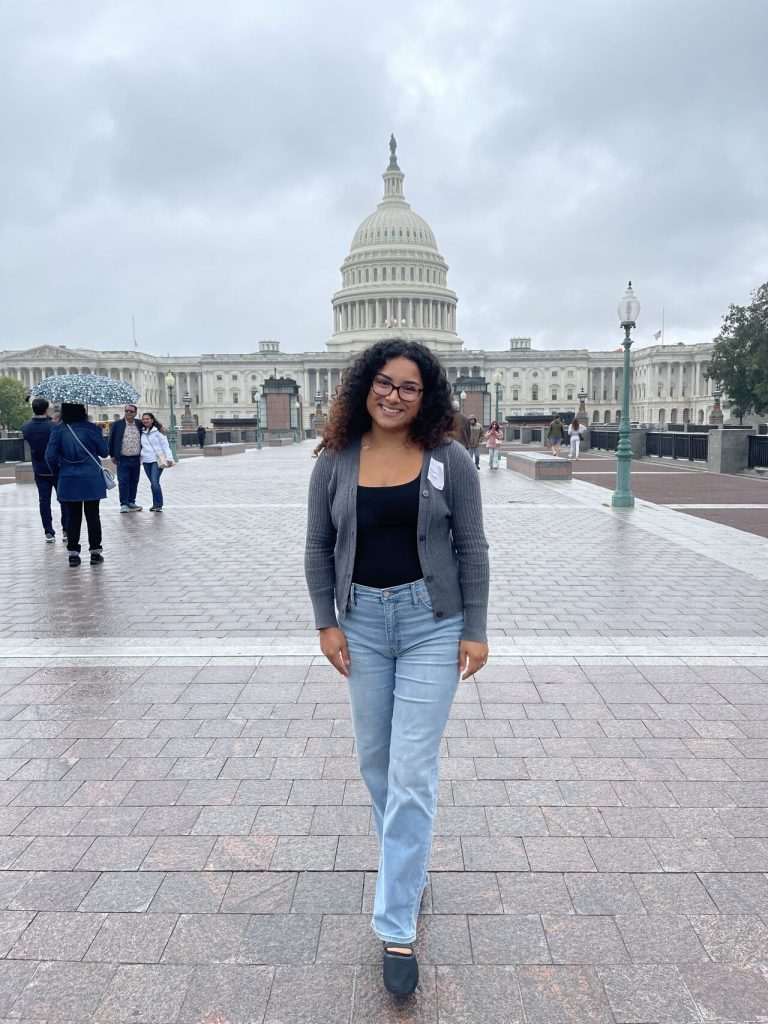
"I was able to find my GCU purpose with doing this project. It guided me toward my career path of now being in the Marvin Andrews fellowship (in urban management) and moving toward how I want to lead my career in local government."
She was accepted into the Marvin Andrews and Jane Morris Fellowship at Arizona State University with a full scholarship and a two-year internship. Her goal is to become a local government department director in economic development or parks and recreation to help others like herself.
“I want to do this work for the next generation and to lift others from backgrounds similar to mine,” Ramirez said.
McCoy’s research shaped her legal aspirations.
“It solidified that I want to be a lawyer,” she said. “This initiative showed me how unjust zoning and poor grocery access create cycles that block the American dream.”
Whether through research, community outreach or public speaking, GCU students are not just studying change, they’re driving it.
“This work reflects my lived experience,” Ramirez said. “I grew up in poverty, and now I want to help others rise.”
Student writer Leandra Lepp can be reached at [email protected].
***
Related content:
GCU News: GCU students train their eyes on state capitol
GCU News: Kevin McClean Research Colloquium displays appetite for research
GCU News: Professor boots up a course that melds government and gaming
GCU News: Seniors impress industry advisors at CHSS Showcase




